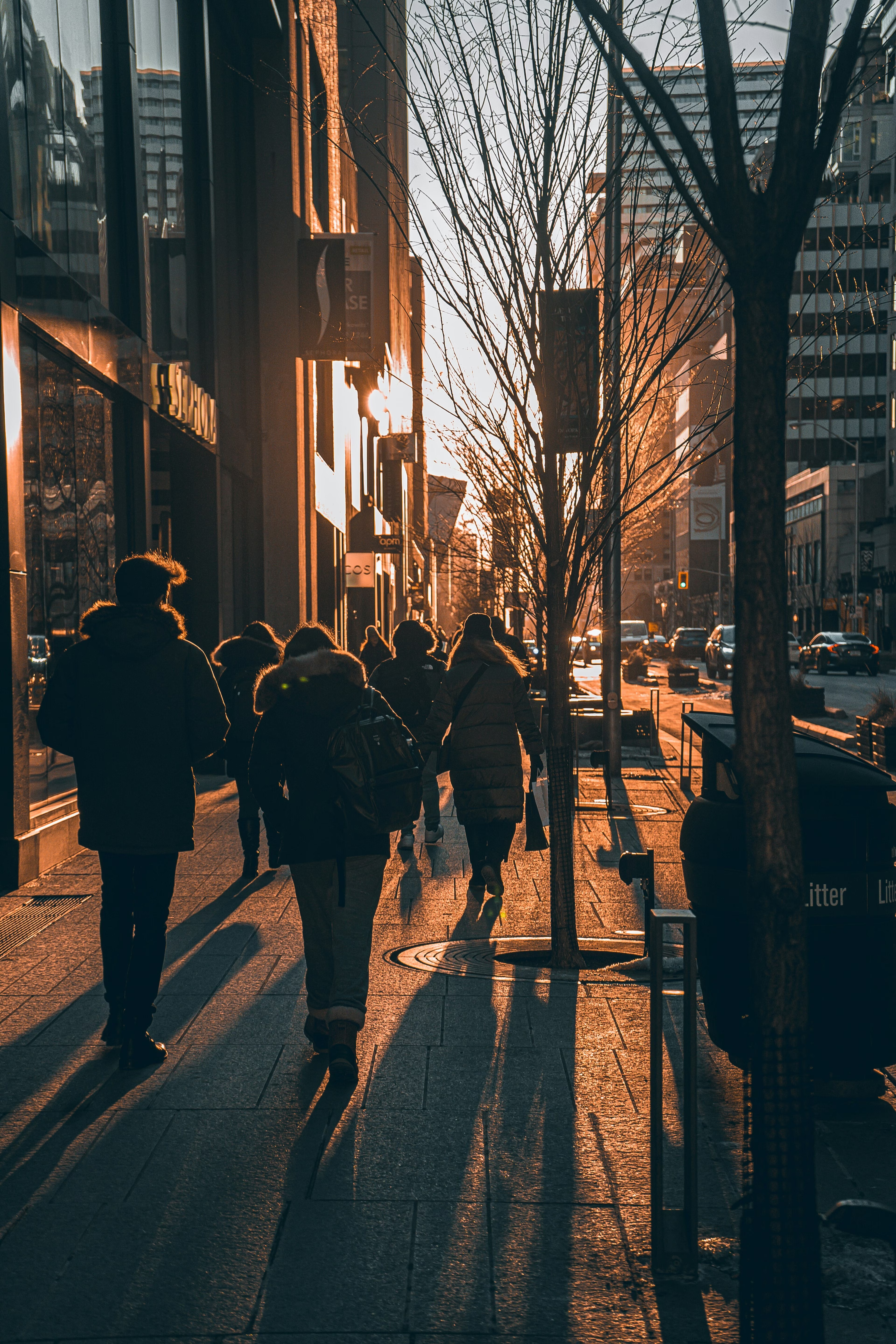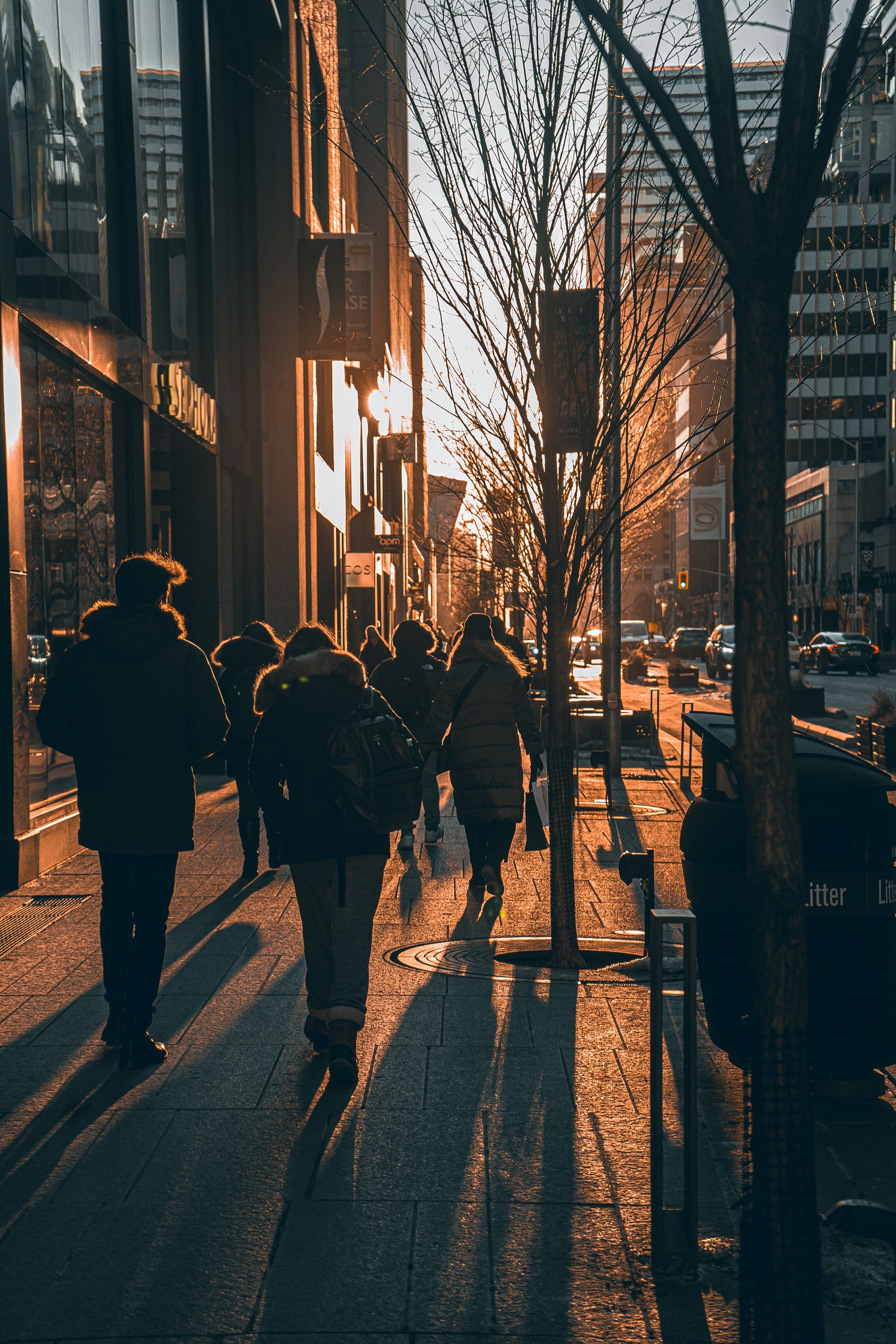
Cómo las políticas basadas en prospectiva estratégica crean economías más competitivas
Países como los Emiratos Árabes Unidos, Singapur y Finlandia incorporan la prospectiva estratégica en la formulación de políticas públicas. He aquí por qué.
Abhinav manages the World Economic Forum Expert Network - a network of over 3,000 leading global experts contributing insight and knowledge to emerging global issues, industries, and economies. He also develops and produces the content for the Forum Strategic Intelligence platform - the Forum's flagship contextual and foresight tool being leveraged by global leaders and policymakers and the upcoming Strategic Intelligence Academy - a resource for educators and learners globally.
Abhinav studied Economic Anthropology and Development Management at the London School of Economics and Political Science and grew up in New Delhi and Mumbai, India.
Países como los Emiratos Árabes Unidos, Singapur y Finlandia incorporan la prospectiva estratégica en la formulación de políticas públicas. He aquí por qué.
Countries including the United Arab Emirates, Singapore and Finland incorporate strategic foresight into policy-making activities across their governments.
Leading experts at Davos offer a horizon scan on the threats, trends and opportunities shaping decision-making in the Intelligent Age.
From climate change to AI, misinformation to the migrant crisis – these experts from business, academia and government will attend Davos 2024 to discuss.
The World Economic Forum's Strategic Intelligence Outlook saw experts explore expected trends for 2024, covering climate, geopolitics and global business.
Traditional educational models are no longer sufficient to meet the demands of a dynamic global society. Instead, we need to help students develop systems thinking.
Pedimos a expertos que participan en la 53ª Reunión Anual del Foro Económico Mundial en Davos que compartan sus previsiones sobre las perturbaciones que se avecinan y las tendencias emerg...
Select experts participating at the 53rd World Economic Forum Annual Meeting in Davos provide their predictions for what to expect from 2023 in their areas of expertise.
The Strategic Intelligence Outlook 2022 provided an assessment of critical global issues for 2023 and built foresight capabilities for digital members.
Experts are urging organizations across sectors to prepare for cyber attacks. The call to action comes as the prevalence of cyber attacks continues to rise.
Climate finance is a central theme at COP27 in Egypt. Here are some options for climate adaptation and climate finance.
Egypt, the host for COP27, has included compensation for economic losses due to climate catastrophes on the summit agenda as pressure grows from vulnerable countries to prioritise this is...
Central banks are raising interest rates to tackle high inflation - but will it work? Two economic experts explain the tough choices policy-makers face.
Urban heat islands often develop in cities that are hotter than the surrounding areas. Discover how Singapore has cooled down its heat islands and cities.
The global economy is in a period of slowdown combined with inflation - does that mean the dreaded 'stagflation' is inevitable? We ask economist Greg Daco.













